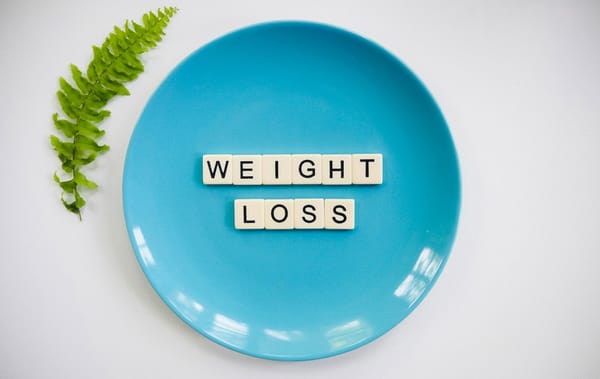TDEE and Micronutrients: Why Calorie Counting Isn’t Enough for Optimal Health

Tracking your Total Daily Energy Expenditure (TDEE) can go a long way in weight management and keeping energy balance. However, if one focuses completely on calorie intake, it neglects the most essential part of nutrition: micronutrients. It is the TDEE that tells how many calories one requires in a day, and the quality of those calories is equally important for health. Essential vitamins and minerals play roles in how the body fights infection, boosts the metabolism, and maintains strong bones, among other functions.
Understanding TDEE and Its Limitations
This total number of calories burned comprises the following elements:
- Basal Metabolic Rate (BMR): Calories needed to sustain life, such as breathing and circulation.
- Thermic Effect of Food (TEF): Energy that is expended in digestion and absorption of food.
- Physical Activity Level (PAL): Caloric costs of physical activity and movement.
- Non-Exercise Activity Thermogenesis (NEAT): Energy expended on tasks such as walking, standing, etc.
TDEE gives an understanding of energy balance; however, it does not take into account the nutritional valuation of food by which one may place ready importance at micronutrient intake for optimal health. This is where micronutrients come in.
Vitamins, Minerals, and Their Role
Vitamins, minerals, and other micronutrients support vital functions of the body. A person can consume enough calories and yet lack some micronutrients, leading to symptoms like fatigue, low immune response, or worse, long-term health problems.
1. Vitamins and Their Role
- Vitamin A: Important in vision, immune function, and skin.
- Vitamin C: For tissue repair and immunity.
- Vitamin D: For calcium regulation and healthy bones.
- Vitamin E: An antioxidant that protects cells from damage.
- B-Complex Vitamins: Needed for energy metabolism and brain function.
2. Essential Minerals
- Iron: For oxygen transport and prevention of anemia.
- Calcium: For bone strength and muscle support.
- Magnesium: Muscle relaxant and works well in nerve impulse regulation.
- Zinc: Responsible for immune response and wound healing.
- Potassium: For fluid balance and heart health.
Micronutrient Shortcomings and Their Consequences
Micronutrient deficiencies can occur even in a balanced number of calories because of poor food habits. These are the commonest exceptions:
- Vitamin D Deficiency: Increases bone fragility, fatigue, and immune dysfunction.
- Iron Deficiency: Consequences include anemia, fatigue, poor concentration.
- Magnesium Deficiency: Affects muscle function and may induce stress and anxiety.
How to Balance TDEE with Micronutrient Intake
For these reasons, the best approaches to achieving optimal health are:
1. Focus on Nutrient-Dense Foods
Instead of filling up on empty processed foods, go for those whole foods that are brimming with the required micronutrients:
- Leafy greens like spinach and kale for iron and vitamin K.
- Fatty fish, like salmon and sardines, for omega-3s and vitamin D.
- Nuts and seeds: Sources of magnesium and healthy fats.
- Colorful fruits give vitamins A and C.
2. Diversify Your Diet
Ensure a diversified diet so that a broad-spectrum nutrient array is maintained. Rotation of food sources will help in the prevention of deficiencies along with overall well-being.
3. Be Wise with Supplements
If a person faces a challenge with the intake of nutrients from the diet alone, supplementation does help. Below are some supplements you might find among the most common:
- Vitamin D: When sun exposure is limited.
- Iron: For people with low iron levels or who have an increased requirement.
- Magnesium: Works for muscle and nerve function.
The supplements should complement a balanced diet and not act as a substitution.
4. Stay Hydrated
Water plays an important role in nutrient absorption, digestion, and metabolic function. It helps people using vitamins and minerals so that no losses occur with dehydration.
In Conclusion
While TDEE helps determine how many calories you need in a day, it doesn’t take into account quality. Putting micronutrient-rich foods first ensures optimal health, energy, and wellbeing. Instead of focusing only on calories, aim to eat a nutrient-dense diet that helps balance energy and supports long-term health.



